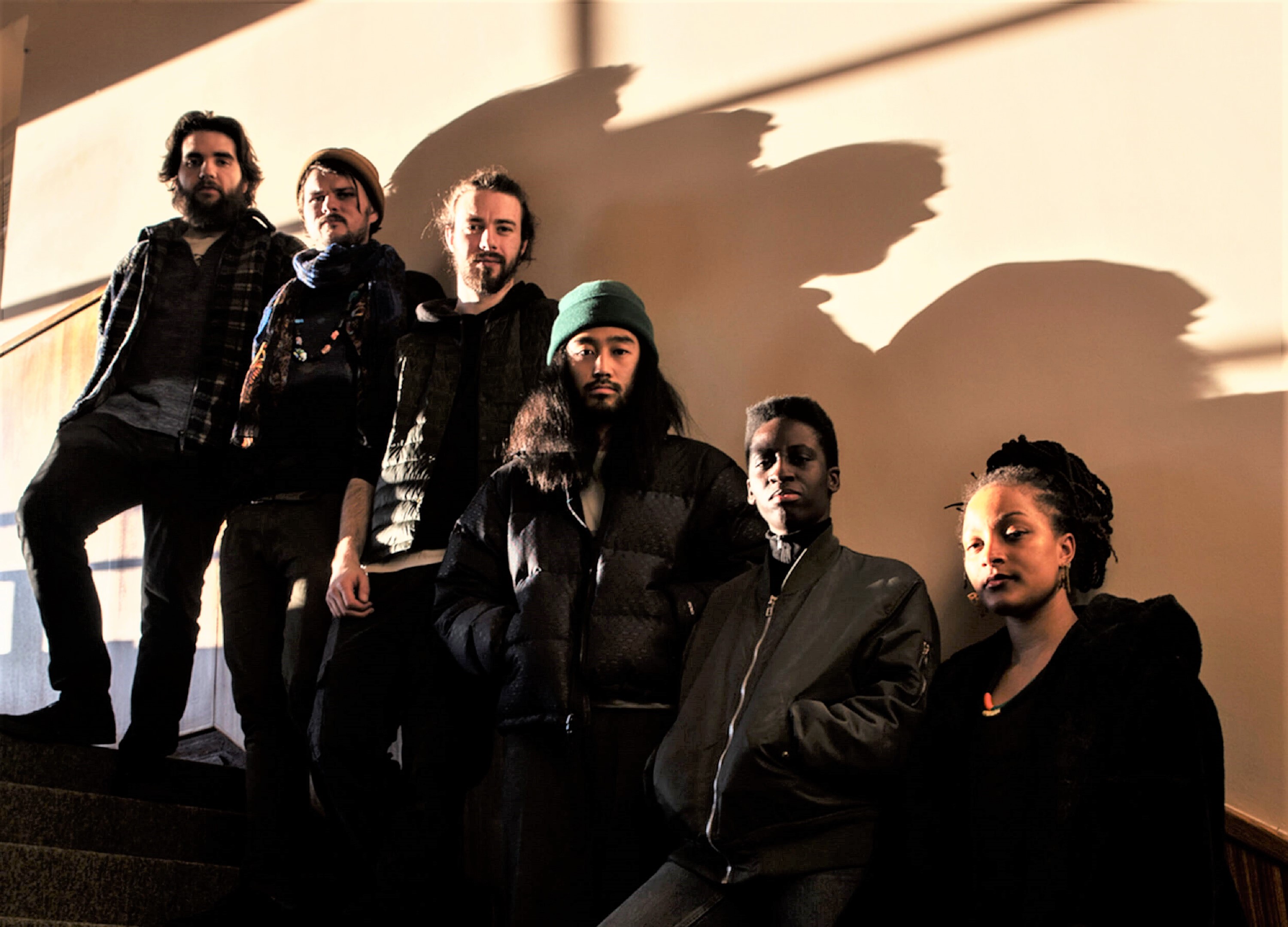If you were to line up the new stardom of British jazz and choose the most iconic artists, you might be forgiven for Maisha having escaped your view. For one, they are newcomers of sorts, having only realised their debut album There is A Place in at the end of last year. Their sound — a melange of Sun-ra, Alice Coltrane, and that ineffable synthesis of of virtuosic instrumentalists that anyone who has seen a live performance from artists signed to Brownswood Records will find familiar — is not at first brush especially distinctive.
See Maisha live, however, and this will change swiftly. Despite their concert spanning just four songs and an extended introduction, Maisha’s performance at Patterns comprised some of the most prolific contemporary jazz numbers that Brighton has ever seen.
Instrumental solos abound in Maisha’s indulgent music. Just 10 minutes into their performance, the audience was lost in the gyre of an extended double bass solo from Twm Dylan; and this was followed in kind by masterful displays from bandleader/drummer Jake Long and percussionist Tim Doyle. The percussion solos and duos, in their intricacy, improvisational zeal, and propensity to linger, outdid even the explosive and elaborate work found on their debut live album, Welcome to a New Welcome. It is somewhat regrettable that keys player Amane Suganami was not present, though his replacement dutifully blended into the mix — several concertgoers did not notice his absence until it was brought up.
The melange of musical styles in There is A Place eludes easy classification, but even the finer points of Maisha’s busy sound make their way into live performance. Guitarist Shirley Tetteh, for example, eschews the aqueous, buttery and treble-forward guitar tones familiar in the work of contemporary nu-jazz phenoms Tom Misch for a rather more recessed sound. Her tone, which would sit comfortably with jazz session players like Brent Mason, is matched by what seems at first like a relatively conservative playing style. As the concert progresses, ample solo opportunities reveal a versatile and omnivorous style, perhaps inspired more by Django and Joe Pass than modern production trends.
Though Maisha graced Patterns with just five songs, largely from There is a Place, their set lasted just over 70 minutes. This was a delight for jazz aficionados in the crowd; long tracks and recurring themes allowed Maisha to demonstrate a truly formidable dynamic range, which is no easy task with this many musicians. Patterns was an ideal venue — a number of less ambulatory audience members could comfortably watch from a raised platform at the back of the venue, while eagers youngsters could move around the front of the stage without issue .
Maisha is in many ways the zenith of contemporary British jazz. Ruthlessly talented, judicious in their displays of virtuosity, and — perhaps unexpectedly — eminently danceable, they are not to be missed for anyone remotely interested in this burgeoning scene.
[embedyt] https://www.youtube.com/watch?v=H4irB-qy8NY[/embedyt]

